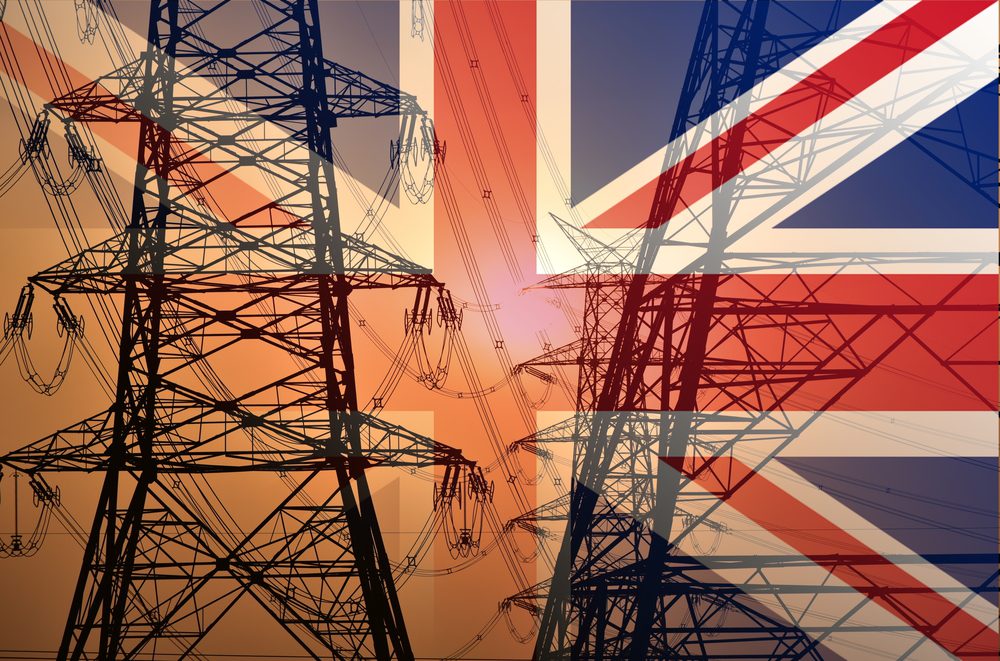
Last week, Sir Keir Starmer stated that a Labour government of the kind he wishes to lead would freeze energy bills at the present moment. Pressure mounted on the Conservative candidates, particularly Liz Truss who has now succeeded Boris Johnson as British prime minister, to unveil a counter policy to assist both families and businesses ahead of a grim autumn/winter.
In the event, Truss has decided to pinch Labour’s own measure. According to The Sun, Liz Truss will put a stop to energy price rises for homes and businesses in her first major act as leader. The paper further reports that the plan could be implemented as soon as Thursday, September 8th.
Elaborating on the exact details, Bloomberg reported that Truss is willing to earmark £130 billion to keep energy bills at their current level (annually, around £2,000)—perhaps for as long as the next 18 months. Otherwise, UK energy bills were expected to soar 80% from October to £3,548 for the average household, crippling lower income families. Under the alleged plans, it will be the government (not the consumer) which finances the shortfall between the artificially fixed cost of the energy and its actual cost at a time of scarcity and rampant inflation. UK energy companies, therefore, will effectively have their revenue kept afloat by the taxpayer.
Many will be surprised by Truss’s policy plan, largely because of the view she took of the matter during the final, two-horse round of the race to replace Boris Johnson against Rishi Sunak. Despite spending much of the leadership campaign denouncing Sunak’s “handout” schemes and proposing generous tax cuts instead, now in government she seems to have U-turned. After all, Sunak’s proposal would have meant providing single households with a maximum of £400 annually; under Truss’s scheme, there would be no upper limit to what taxpayers might have to cough up. Moreover, covering those with the biggest homes, and accordingly the richest, with money that they do not need to keep their mansions toasty (especially given that larger homes cost more to heat) seems like a misguided form of state charity.
As such, Christopher Snowdon of the Institute for Economic Affairs argues that any state assistance with respect to soaring energy bills should not be universal, but targeted at the poorest:
This young man makes some good points in The Times today. pic.twitter.com/IxdAuJGJcA
— Christopher Snowdon 🇺🇦 (@cjsnowdon) September 5, 2022
On top of the problems highlighted by Snowdon, Ross Clark of The Spectator makes the argument that monumental state aid of the kind likely to be brought in will serve to disrupt market forces and, in the long run therefore, only delay the time at which the issue might naturally resolve itself. “Soaring energy prices are not popular,” he writes, but
they do at least have the advantage of encouraging people to save energy, either by turning their thermostat down, insulating their homes or by switching to more energy-efficient appliances. That helps to right the imbalance between supply and demand which has caused the hyper-inflation in wholesale energy prices. But if energy prices are frozen, where is the incentive to save energy? Demand will continue at a higher trajectory than it would have done without the price freeze, prolonging the crisis.
Finally, Director of the Institute for Fiscal Studies Paul Johnson appeared earlier today on TalkTV to spell out the “enormously expensive” implications of the policy. However, he did also admit that such a freeze, though riddled with awkward complications, is “likely to be necessary.”
